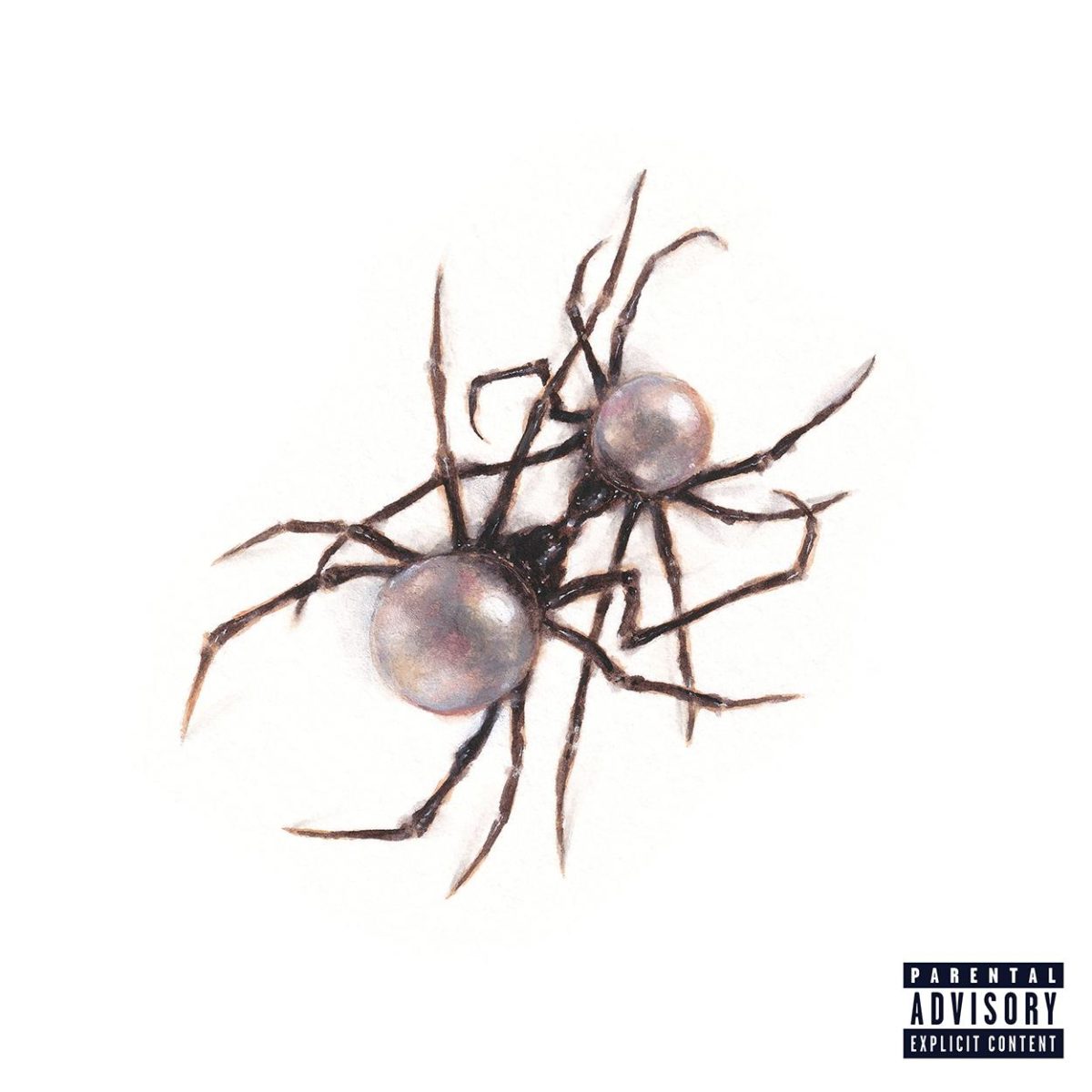“I quit. I can’t wait to disappear and I don’t need you to believe in [me] anymore.” This is one of the first comments Doja Cat (Doja) made on social media before the release of her upcoming album, Scarlet. After the success of her last projects Planet Her and Hot Pink, the singer began insulting her fans for falling for “cash grabs” and publicizing her hatred for the songs. As a result, many of her fans stopped supporting her, and were planning on treating the album the same. However, this stunt may have been a foreshadowing for the message of the Scarlet, which articulates the development of her artistic style from Pop Rap to Melodic RNB/Hip-hop in taking on the alter ego of Scarlet. In this musical comeback, she changed her entire sound, venturing through different rap subgenres, taking on a devil aesthetic and addressing the criticism made against her.
In the debut track off the album, “Paint the Town Red”, Doja showcases an old R&B vibe as she talks about her past experiences of caring too much about others’ opinions and how she has grown to not listen to them. She uses harmonies and catchy lyrics that intrigued me as she told a story about being seen as a villain due to being herself. The song reached number one on the Billboard Hot 100 for its overwhelming popularity, and the sample of Dionne Warwick’s “Walk on By” just added to the ethereal sound of the track- making it a perfect opener for the album. Doja was able to blend her radio pop sound with her new darker rap personality as a bridge between the two, heavily foreshadowing the direction this album takes.
The idea behind the song “Paint the Town Red” is a great summary of the theme of the album. Using all the success she has obtained, Doja is proving her critics wrong by continuing to develop, ultimately allowing her to clap back at all of them. She is calling out all of those who doubted her throughout her career, and showing she can do it without sticking to one sound. By incorporating different artistic styles throughout it showcases the variety of the project. What I appreciated the most is that she didn’t call anyone out specifically, which really shows her maturity as an artist and belief that the message of the song will get through to everyone it is intended for.
Doja’s second track, “Demons”, was a complete 180 from the introduction track in terms of style. In the melodic rap track, Doja uses a more punk and lofi sound to directly ask her haters how it feels now that she has succeeded. The main idea of the song was to call out the people who believed she sold her soul for fame. This is where Doja shows her new persona, Scarlet, who is a more vicious and cunning artist than she used to be. Her vocal delivery drives the song and makes it engaging by means of a clipped child-like voice over a disorienting, bass-heavy beat.
In her next three tracks, “Wet ******”, “FTG” and “Ouchies”, Doja personally addresses specific groups through her dynamic lyricism. In the first she refers to her motivation to be the greatest of all time and describes how she can “live life like [she’s] got a cheat code,” because she no longer needs validation. She directly mentions the Kardashians for being pretty and plastic. She continues this energy in her next song, “FTG,” by speaking on the true meaning of “girl power”- if they hate her, why care about seeking validation from surpassing her in achievements. The last of the three is a very subdued 90s hip-hop song targeting the music industry like she would the public, by describing everything as generic and reproduced. Her delivery is increasingly impressive as all of these three tracks drive the album forward in the thrilling bass beats that carry the songs and continued development of her vicious alter ego.
In the most dynamic track off the album, “Agoura Hills,” Doja transforms into several different characters using fluctuating voices and accents expressing the complex feelings of wanting to publicize a private love life. There is a profound amount of NIcki Minaj influence in the pop-leaning rap edge it gave. She uses autotune to add tone to the song allowing for captivating storytelling about the consequences of revealing a celebrity’s life to the public. This song was a good change of perspective of the album, where Doja is shown to care about someone else’s feelings, further demonstrating her maturity in her artistic abilities.
In the last and most popular track off the album, “Attention,” Doja fully expresses her shift from the confined pop sound she used to have to a more boundless rap persona with meaning behind her lyrics to a 90s hip-hop production. This is my favorite song off the album because it is the message behind the album coming into fruition. It is the core of Scarlet – this is the full idea that Doja spends exploring. There is a swagger behind the substance of the song. It wraps up by showing how she has grown into her own person and can now be proud of her growth. She continues to address criticism but also weighs in herself which is demonstrated in her lyrics, “you follow me but you don’t really care about the music.” This song perfectly encompasses her ability to change styles and still be successful while also keeping her pop tone throughout.




